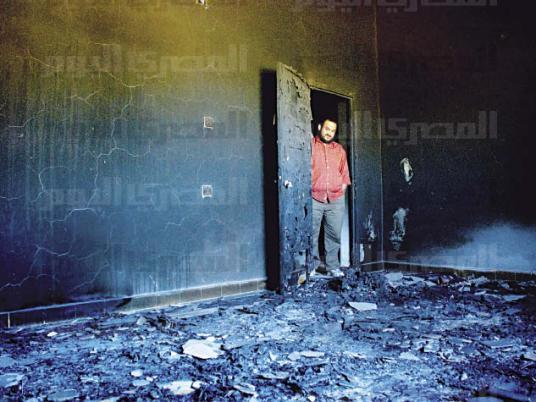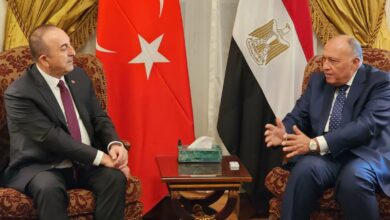
The United Nations informed the Security Council on Tuesday that rival factions in Libya have agreed "in principle" to holding a new round of peace talks aimed at ending the escalating political crisis early in the new year, council diplomats said.
The world body had planned to hold a second round of talks last week to end a confrontation between two rival governments and parliaments, but it said a military escalation was undermining its efforts.
The new talks have been repeatedly delayed due to difficulties getting the parties to agree to meet.
U.N. Special Envoy Bernadino Leon briefed the 15-nation Security Council via video link on Friday. During that closed-door session he told the council that the new date for the talks would hopefully be Jan. 5, diplomats who attended told Reuters.
"He (Leon) said he had agreement 'in principle' that talks would start on the 5th," a diplomat said on condition of anonymity.
"No further explanation," the diplomat added. "He also set out three key issues for a roadmap – a national unity government, stabilizing the country through cease-fires of militias and a new constitution."
Another council diplomat echoed those remarks.
Libya has had two governments and parliaments competing for legitimacy since a group called Libya Dawn seized the capital in August, installing its cabinet and forcing the government of recognised Prime Minister Abdullah al-Thinni to the east.
The U.N.-brokered talks are intended to include both governments.
World powers fear the Libyan conflict will lead to civil war as former rebel groups that helped oust the country's former leader, the late Muammar Gaddafi, in 2011 fight for power and a share of its vast oil reserves.
Leon has said that the Libya dialogue would include members of the General National Congress (GNC), the country's previous assembly reinstated by the new rulers in the capital Tripoli.
Hundreds of civilians in Libya have been killed in fighting since late August, the United Nations said, warning commanders of armed groups that they could face prosecution for possible war crimes, including executions and torture.
The conflict has driven at least 120,000 people from their homes and caused a humanitarian crisis, said a joint report by the U.N. human rights office and U.N. Support Mission in Libya that also documents shelling of civilian areas.




